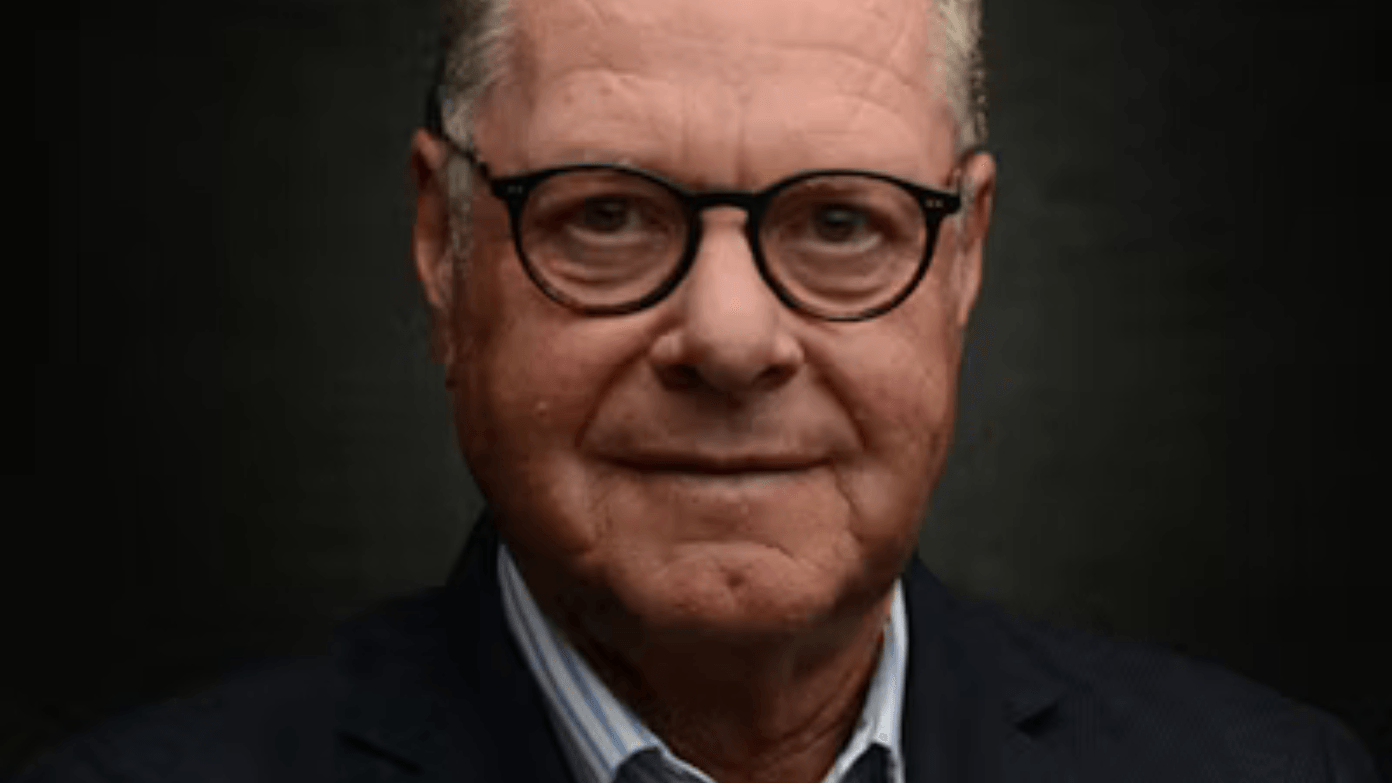One of the richest men in the world, with a fortune of over $157 billion, Warren Buffett hardly passes stereotypical tests of billionaire excess. The CEO of Berkshire Hathaway’s love of a $3 McDonald’s breakfast and his 67-year occupation of a small house in Omaha are steeped in secrets to his ethos of living modestly, remaining disciplined, and enjoying money.
The $3 breakfast tradition: Value-driven meals
Buffett’s breakfast routine involves a visit to McDonald’s drive-through, where he orders one of three affordably priced offerings:
- $2.61: Two sausage patties
- $2.95: Sausage McMuffin with egg and cheese
- $3.17: Bacon, egg, and cheese biscuit
His choice hinges on the Dow Jones Industrial Average’s performance. “If the market’s down, I’ll pass up the $3.17 and go with the $2.95,” he explained in HBO’s Becoming Warren Buffett. This ritual blends frugality with a symbolic connection to his professional domain—transforming breakfast into a daily reminder of market volatility and prudent decision-making.
The Oracle of Omaha’s wife, Astrid, places exact change on the table each morning, eschewing unnecessary expenses. For Buffett, the exercise isn’t about conserving cash but imposing tightfisted resource management—a motif that also extends to his investing philosophy.
A lifetime of calculated frugality
Buffett’s $31,500 Omaha house, bought in 1958, is a poster child of lifestyle inflation avoidance. As the value of the property appreciates, its current $1.4 million value is of no consequence against his net value. He also has older cars, famously remarking, “Most toys are just a pain in the neck.”
They are a product of his spending philosophy on values:
- Shunning investing in depreciating assets (luxury cars, large mansions)
- Utility over status
- Investing savings in productive assets
This approach mirrors his investment criteria, favoring stable companies with long-term intrinsic value over flashy, overvalued ideas.
The psychology of habitual modesty
Buffett’s own behavior illustrates conscious maintenance of cognitive consistency—daily trade-offs with long-term financial values. By sustaining young habits (five Coca-Colas a day), he avoids complacency customarily found with riches. His 5/25 working principle—having five most important tasks a day—translates this to time management so effort is applied to impact tasks.
Billionaire frugality also serves as a defense against hedonic adaptation. As he once famously stated, “If you buy things you don’t need, you’ll soon sell things you do need”. This mentality avoids lifestyle creep destroying the compound growth machine driving his success.
Effect on investment philosophy
Buffett’s own behaviors directly translate into Berkshire Hathaway’s strategy:
- Long-term philosophy: Just as he never renovates his house, Berkshire owns shares for decades.
- Margin of safety: Under-spending creates liquidity to buy into opportunities opportunistically.
- Emotional discipline: Ritualized choice-making (breakfast options) suppresses hasty financial action.
His 12.2% YTD returns in 2025, ahead of the S&P 500’s 0.9%, illustrate how company and individual austerity collaborate to construct lasting value.
Lessons in wealth psychology
Buffett’s way of living refutes the idea that wealth gains value from excess. Key takeaways are:
- Frugality as freedom: Lower spending alleviates money pressure, allowing for risk-taking.
- Daily reinforcement: Breakfast routines (breakfasts linked to markets) keep you near to basics.
- Value perception: Understanding intrinsic value, be it in the stock market or in sausage biscuits, results in good judgment.
Echoing the investor’s advice, “Price is what you pay; value is what you get”. His $3 breakfasts provide not only nourishment but also a breakfast routine of computing opportunity costs.

